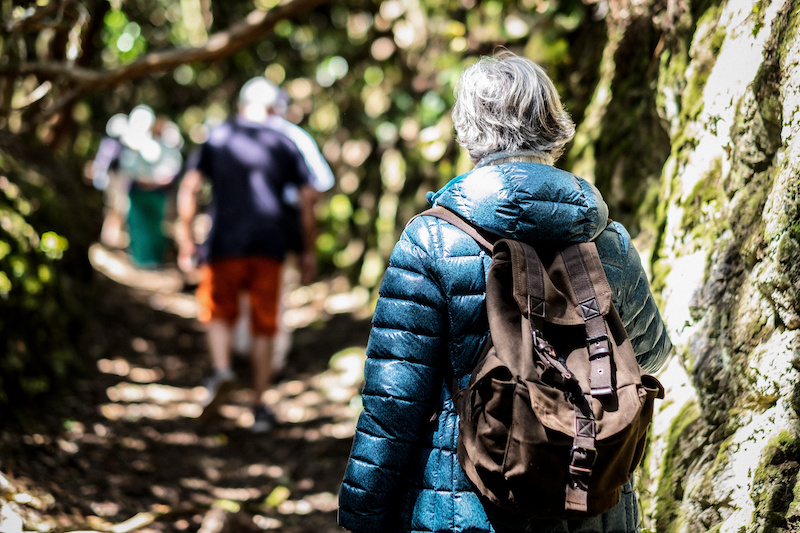
Once one lives into their 80’s, new strategies must be acquired to continue to thrive physically and emotionally. Maintaining a daily positive wellness journal rather than focusing on areas of decline may be a healthy starting point. And one needs to strengthen their positive neural pathways and thought patterns by regularly practicing gratitude. Embracing the good in our world rather than focusing on the toxic aspects of human conflict is important, as is regularly practicing a form of meditation as one tries to live contentedly in the present.
We elders in our 80’s and beyond must deal with new realities. Not only is our physical body different now, but so is our brain; we must build new neural pathways through continued learning, like what regular physical exercise does for our bodies. And maintaining a positive mental attitude is also important.
For those who may be experiencing the impact of a chronic illness in a loved one, the book Tuesdays with Morrie by Mitch Albom can be helpful as it articulates how being supportive of someone with a serious condition can help that individual overcome their own despair.
It is no longer unusual in today’s world to live into one’s 80’s or 90’s, so learning to reinvent oneself can have a very positive impact on many people. But it’s a rare individual that coasts into their 9th or 10th decade of life without requiring some major psychological and physical adjustments.
When in one’s 80’s or 90’s, whether it’s something as concrete as walking with a cane or a walker, or it’s something more nuanced like the growing difficulty of managing one’s finances, very few people don’t require some additional support due to these various changes. Making new friends, engaging in new activities, and keeping physically and mentally active daily are also crucial; one cannot simply coast along as if everything will simply take care of itself.
Managing the physical aspects of one’s well-being may be easier to accomplish than the mental aspects. Daily activities such as gardening, with its required bending and stooping and reaching, or daily long walks, can be easy to blend into one’s daily routine, especially while living in a moderate climate like we experience here in Northern California. Reading a good book, taking a class in person, or online, or even reading the newspaper or weekly magazine regularly are also quite doable. Connecting with people in person is not as easy, yet it is very important to avoid feeling isolated.
Each of us are different. Some of us love sports, others like playing cards or board games, some love sewing or other manual hobbies. Being an elder requires attention and adaptation well beyond when we were younger in order to provide structure to our daily schedules. Now when we get up in the morning, it’s up to us to create the activities for that day that will sustain us.
If one is fortunate enough to live a very long life, this may bring with it experiencing significant losses of people we love. The book Staring at the Sun: Overcoming the Terror of Death by psychiatrist Irvin Yalom, discusses his experience dealing with his wife’s diagnosis of terminal lung cancer and her eventual demise. This book is worth reading if one is facing a comparable reality.
If one does experience the loss of a loved one, the acute period of mourning normally lasts about 6 months before emotional normalcy may begin to resurface. If acute grief persists beyond a full year, professional counseling and support may be indicated to resolve that grief so that one can move forward in life. Of course, a loved one who dies will never be forgotten and some grief may always remain, but the acute and profound grief period should not last forever.
Finally, looking at actuarial charts on the internet in terms of figuring out how long one may live is not helpful. These charts won’t tell you anything about you personally; we are all different.
Take good care of your physical and mental well-being through proper nutrition and physical, social, and mental activities and enjoy the single life you have been gifted! That’s the very best way to experience the optimal amount of satisfaction and contentment in this latter stage of life as well as helping one overcome the losses that are inevitably going to arise.
Dr. Hugh Winig is a retired psychiatrist, a longtime OLLI @Berkeley member and volunteer, and a regular contributor to the OLLI Blog.
The OLLI Blog showcases the voices and perspectives of the OLLI community as well as news from and about OLLI.